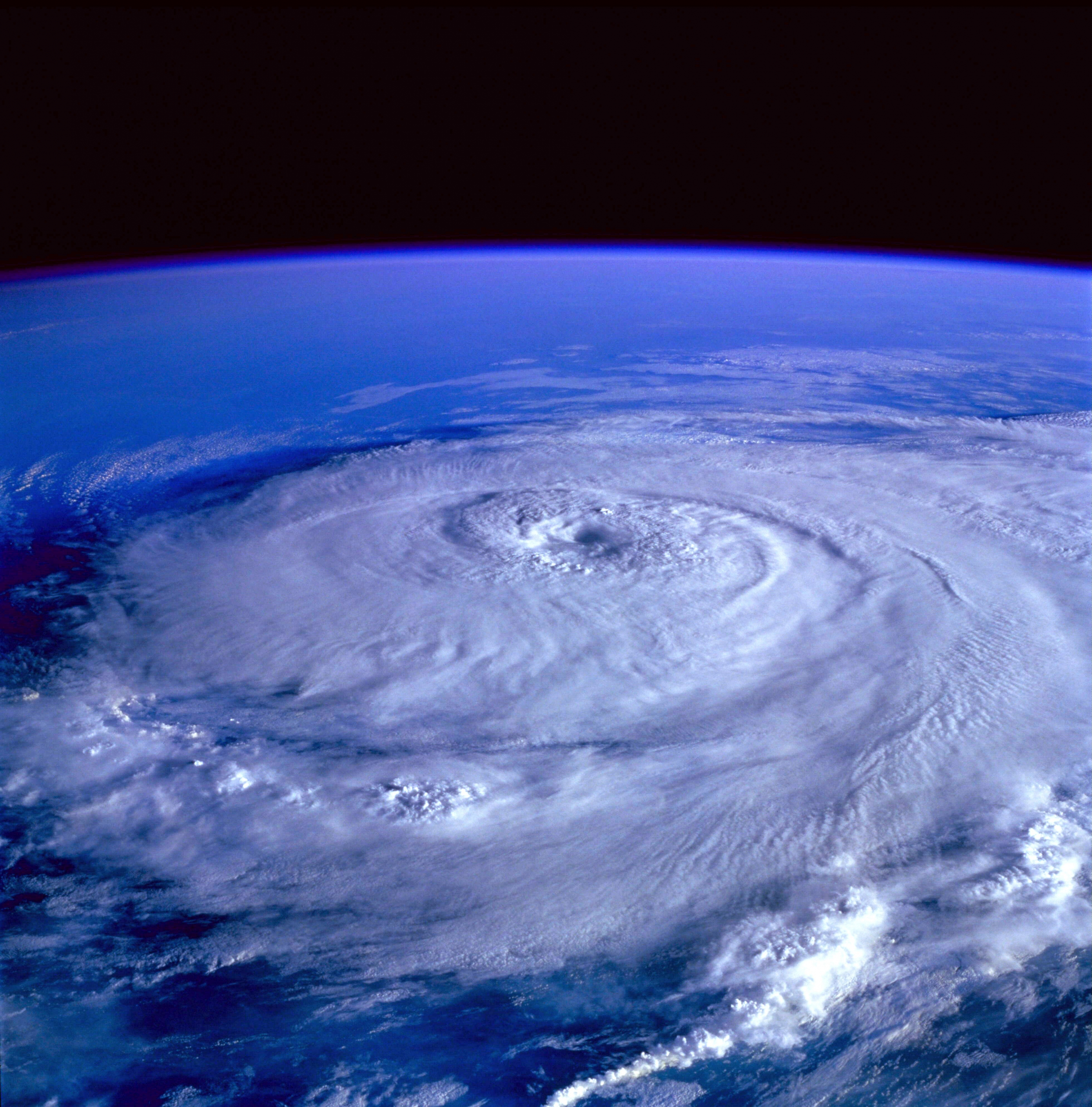February 28, 2023
“Rising Storms: The Connection Between Hurricanes and Climate Change”
Book a Demo
Hurricanes are one of the most devastating natural disasters that can cause widespread destruction and loss of life. They are becoming increasingly common in recent years, causing more damage and devastation than ever before. The severity of these storms has led many people to wonder why hurricanes seem to be getting more frequent, and what role climate change may be playing in this trend. In this blog post, we will explore some of the recent research and findings regarding hurricanes and their connection to climate change.
According to a recent article published by NPR, hurricanes are indeed becoming more frequent, and the reason for this is climate change. Climate change has caused the temperature of the ocean to rise, and this warmer water is providing the fuel that hurricanes need to grow and become more intense. The article notes that in the past few decades, the number of Category 4 and 5 hurricanes has doubled, and this trend is expected to continue as global temperatures continue to rise.
The impact of hurricanes is not limited to coastal areas alone. As reported by CBS News, recent studies have shown that hurricanes are also causing significant damage inland and in northern regions that were previously considered less vulnerable. The article notes that hurricanes are becoming more frequent and more severe, and as a result, they are causing more damage and loss of life in areas that were not traditionally at risk.
Recent scientific studies have shed light on some of the mechanisms that are driving the increase in hurricane frequency and intensity. One such study, as reported by Science Daily, found that the interaction between ocean currents and atmospheric conditions is a key factor in determining the frequency and intensity of hurricanes. The study found that as the ocean warms, the circulation patterns that drive hurricane formation become more unstable, leading to an increased likelihood of more frequent and severe storms.
Another recent study, published in the journal Nature, found that climate change is causing hurricanes to move more slowly, which in turn is causing them to dump more rainfall on affected areas. The study notes that this increased rainfall is causing more flooding and damage to coastal areas, and is also contributing to more severe storms overall.
So what can we do to address the increasing frequency and severity of hurricanes? As the NPR article notes, the most effective solution is to address the root cause of the problem: climate change. This means taking steps to reduce greenhouse gas emissions and transition to cleaner sources of energy. Additionally, we can take steps to better prepare for hurricanes and mitigate their impact, such as improving building codes and investing in flood protection infrastructure.
Hurricanes are becoming more frequent and severe, and this trend is largely due to climate change. Recent scientific research has shed light on the mechanisms driving this trend, including warmer ocean temperatures, unstable circulation patterns, and slower storm movement. To address this problem, we need to take action to address climate change and invest in measures to better prepare for and mitigate the impact of hurricanes.



